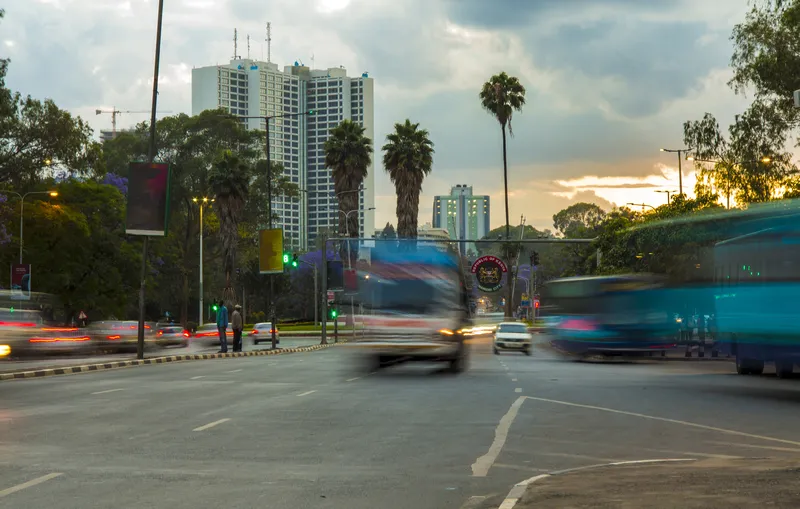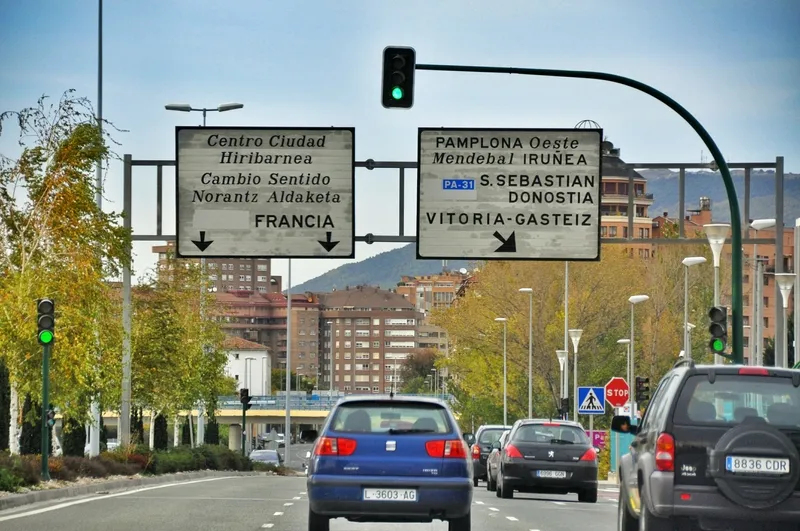
Fetch.ai has partnered with blockchain solutions provider Datarella to launch smart city zoning infrastructure trials in the German city of Munich.
The UK-based artificial intelligence (AI) lab says the trial will utilise multi-agent blockchain-based AI digitisation services to unlock data and provide smart mobility solutions in its commercial real estate properties in the city centre.
Fetch.ai says its AEAs (autonomous economic agents) will support the sustainable use of city infrastructure through an application where they will autonomously negotiate the price of parking spaces between the holders of them and those looking for a space.
Users can earn rewards in digital currency if they choose less popular or in-demand parking spaces. The Carpark AEA determines the reward levels based on maximising the resource usage, the lab adds.
The reward system is measured by the utilisation of parking spaces. Each registered user who is a regular car park user will receive a certain amount of tokens per minute for not using the car park.
The token is expected to airdrop to the wallet stop as soon as the car or its related wallet address is registered as parked by the Carpark AEA.
Fetch.ai emphasises the number of tokens rewarded per wallet and minute depends on the current utilisation of the car park.
Fetch.ai CEO Humayun Sheikh says: “Fetch.ai provides a decentralised framework for building and customising autonomous AI agents to carry out complex coordination tasks. Our vision is to connect digital and real-life economies in order to enable automation over a decentralised network and change the way we use data.”
Datarella CEO Michael Reuter says: “Landlords, as well as the city council, are interested in optimising the parking space management, to allow for available parking for all employees of corporate tenants while organising the traffic flow and preventing commuter traffic jams. Our system incentivises community use of public transport through a token distribution system while reducing the congestion that accounts for a great deal of Munich’s CO2 emissions.”
“Assuming there is a 10% reduction in car usage across Munich alone, the city would see a 34,000-tonne annual CO2 emission reduction,” Sheikh continues.
“Scaled up to cover all of Germany, that equates to 1.7 million-tonne CO2 reduction, annually. This smart city solution has the potential to penetrate huge markets simply by tapping into wasted data and utilising it efficiently.”









